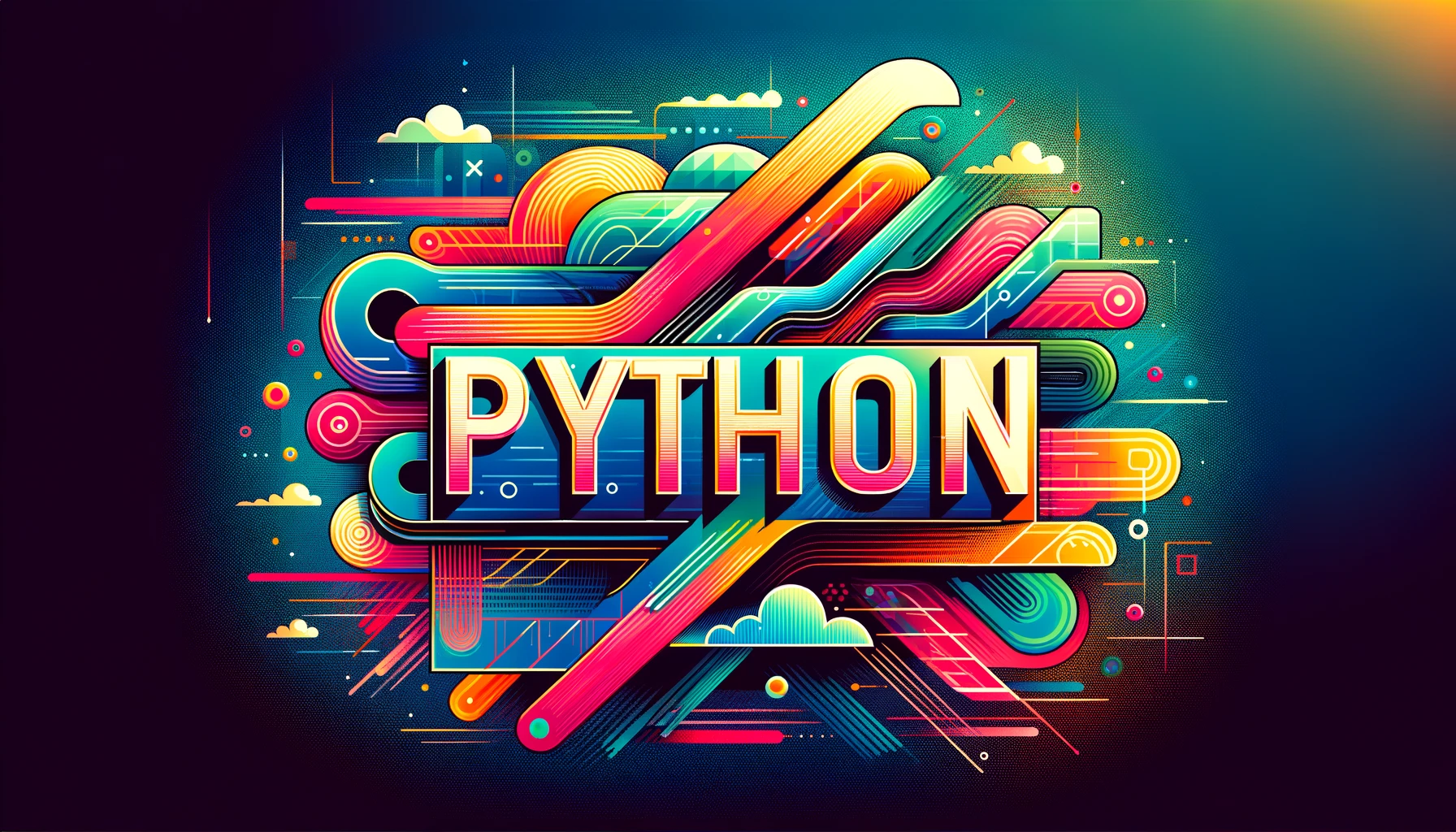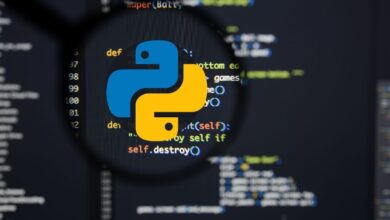What is Poetry? How to use poetry?
Python packaginh and depedency management made easy.
Python’s vast ecosystem of libraries fuels innovation, but managing those dependencies can be a tangled mess. Enter Poetry, a tool that streamlines dependency management and packaging for Python projects. It simplifies the process, ensuring you have the right libraries everywhere, from development to deployment.
What is Poetry?
Poetry is a next-generation tool that tackles dependency management and packaging for Python projects. It removes the need for cumbersome files like setup.py, requirements.txt, and setup.cfg by introducing a centralized pyproject.toml file. This file defines your project’s metadata, dependencies, and build instructions.
Why Use Poetry?
- Simplified Workflow: Poetry offers a streamlined approach. Declare your dependencies in
pyproject.toml, and Poetry handles installation, updates, and conflict resolution. - Repeatable Builds: Poetry generates a lockfile, ensuring your project always uses the exact library versions you specified. This guarantees consistent behavior across environments.
- Virtual Environment Management: Poetry seamlessly creates and manages virtual environments, isolating your project’s dependencies from your system-wide Python installation.
- Packaging Made Easy: Poetry simplifies building distributable packages for sharing or installation on other systems.
How to Use Poetry?
Poetry simplifies dependency management with a user-friendly command-line interface. Here’s a breakdown of the key steps:
Installation:
- Prerequisites: Ensure you have Python 3.6 or later installed on your system. You can verify by running
python3 --versionin your terminal. - Installation Command: Open your terminal and run the following command to install Poetry globally:
For Linux, macOS, Windows (WSL)
curl -sSL https://install.python-poetry.org | python3 -Fow windows
(Invoke-WebRequest -Uri https://install.python-poetry.org -UseBasicParsing).Content | python -Once installed check the poetry version
poetry --versionInitialization:
- New Project: Navigate to your desired project directory in the terminal.
- Initialize Project: Run
poetry initto create a new Poetry project. This command will guide you through a series of prompts:- Project Name: Enter a descriptive name for your project.
- Description: Provide a brief explanation of your project’s purpose.
- Author: Enter your name or organization as the author.
- Dependencies: You can optionally specify initial dependencies here (e.g.,
requests django). Separate them with spaces. - Version: Set the initial version number for your project (e.g.,
0.1.0). - License: Choose a license for your project (e.g., MIT, Apache).
Poetry will then create a pyproject.toml file in your project directory, containing the configuration based on your choices.
Shell Commands:
Poetry offers various commands to manage your project’s dependencies and environment:
poetry add <package>: This adds a new dependency to yourpyproject.tomland installs it in your virtual environment.poetry remove <package>: This removes a dependency frompyproject.tomland uninstalls it from the virtual environment.poetry show: This displays information about your project and its dependencies.poetry update: This updates all your dependencies to their latest compatible versions.poetry install: This explicitly installs the dependencies listed inpyproject.tomlinto your virtual environment (useful after cloning a project with existing dependencies).poetry env info: This displays information about your active virtual environment.poetry shell: This activates the project’s virtual environment, allowing you to run Python commands within the isolated environment with your project’s dependencies.
Advantages Over Other Tools
- Unified Configuration: Poetry consolidates project configuration into a single file,
pyproject.toml, improving clarity and reducing complexity. - Dependency Locking: The lockfile ensures consistent builds and eliminates version conflicts that can plague development.
- Virtual Environment Focus: Poetry emphasizes virtual environments, promoting clean project isolation and avoiding dependency conflicts with system-wide libraries.
- User-Friendly Interface: Poetry boasts a clear and concise command-line interface, making it easy to learn and use.
Additional Tips:
- Poetry automatically creates a virtual environment upon project initialization. You can activate it using
poetry shell. - The
poetry.lockfile, generated alongsidepyproject.toml, ensures consistent project builds across environments by locking down specific dependency versions. - Refer to the official Poetry documentation https://python-poetry.org/ for a comprehensive list of commands and advanced usage.
Conclusion
Poetry brings a breath of fresh air to Python dependency management. Its simplified workflow, robust lockfile system, and emphasis on virtual environments make it an invaluable tool for developers. If you’re tired of wrestling with dependencies, Poetry offers an elegant and efficient solution.



